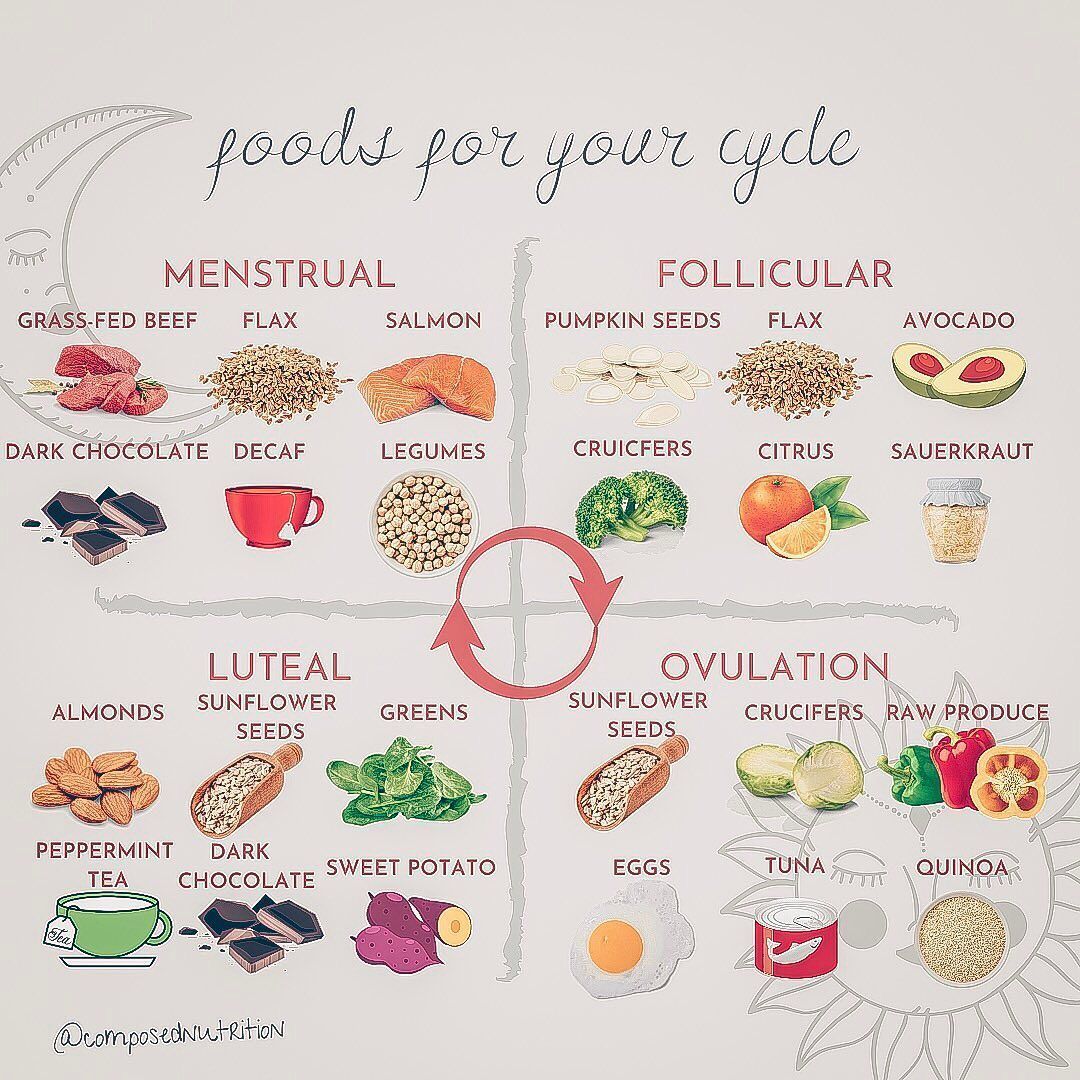In today’s fast-paced world, many women are struggling to balance their hormones due to stress, poor diet, and lack of physical activity. This can lead to a variety of health issues, including irregular periods, weight gain, mood swings, and fatigue. However, one way to naturally support hormone balance is through proper nutrition.
The Importance of Hormone Balance in Women
Hormones play a crucial role in the body, regulating everything from metabolism to mood. For women, hormonal balance is particularly important as it affects reproductive health, energy levels, and overall well-being. When hormones are out of balance, it can lead to a host of symptoms that impact daily life.
Key Nutrients for Hormone Balance
Eating a diet rich in key nutrients can help support hormone balance and overall health. Some of the top nutrients to incorporate into your diet include:
1. Omega-3 Fatty Acids
Omega-3 fatty acids are essential for hormone production and overall health. Sources of omega-3s include fatty fish like salmon, walnuts, and flaxseeds. Adding these foods to your diet can help support hormone balance.
2. Fruits and Vegetables
Fruits and vegetables are packed with essential vitamins and minerals that support hormone production and overall health. Aim to eat a variety of colorful fruits and vegetables each day to ensure you’re getting a wide range of nutrients.
3. Protein
Protein is essential for hormone production and overall health. Incorporate lean sources of protein like chicken, fish, tofu, and lentils into your diet to support hormone balance.
Foods to Support Female Hormone Health
In addition to key nutrients, there are specific foods that can help support female hormone health. Some top foods to incorporate into your diet include:
1. Leafy Greens
Leafy greens like spinach, kale, and broccoli are rich in vitamins and minerals that support hormone balance. These foods are also high in fiber, which can help regulate digestion and promote overall health.
2. Berries
Berries like blueberries, raspberries, and strawberries are packed with antioxidants that support hormone balance and overall health. Plus, they’re low in sugar and calories, making them a great snack option.
3. Whole Grains
Whole grains like quinoa, brown rice, and oats are rich in fiber and nutrients that support hormone balance. These foods can also help regulate blood sugar levels and improve digestion.
Putting It All Together
Incorporating these key nutrients and foods into your diet can help support hormone balance and overall health. Remember to eat a variety of foods to ensure you’re getting a wide range of nutrients, and aim to eat a balanced diet that includes plenty of fruits, vegetables, lean protein, and whole grains.
By focusing on nutrition and making small changes to your diet, you can support hormone balance and improve your overall well-being. Remember, it’s important to consult with a healthcare professional before making any drastic changes to your diet, especially if you have existing health conditions.
